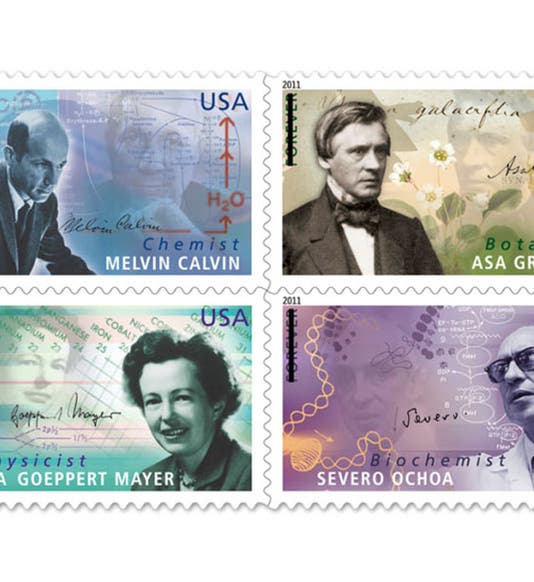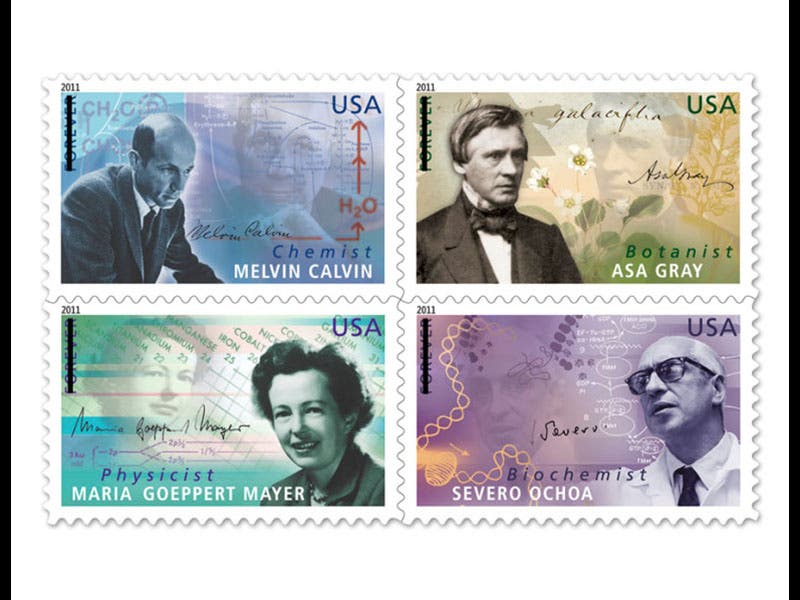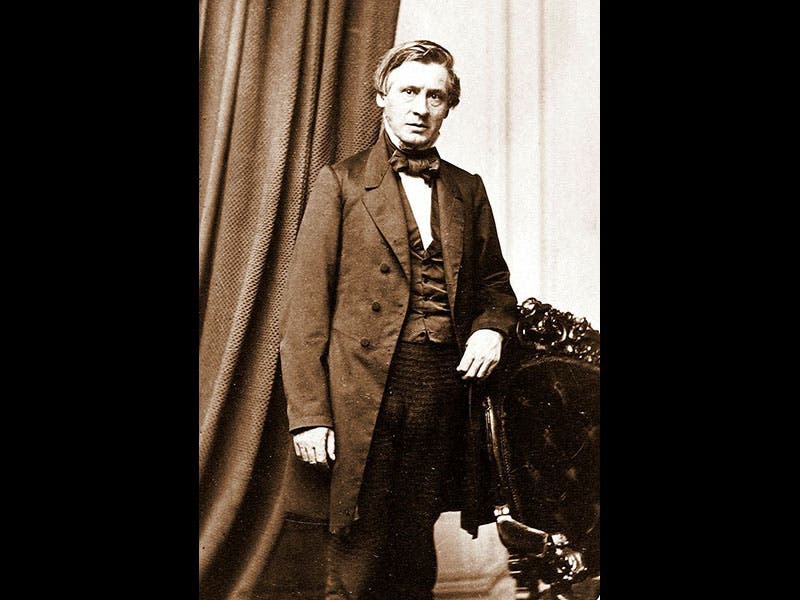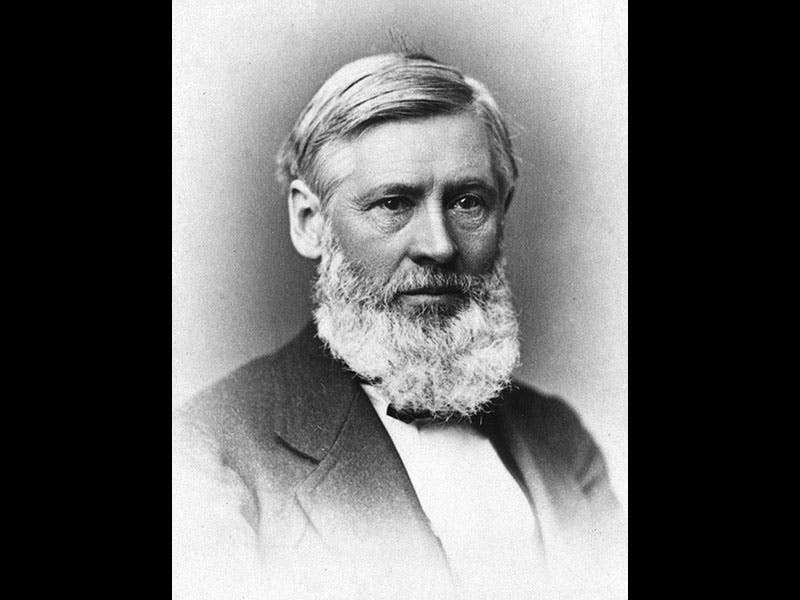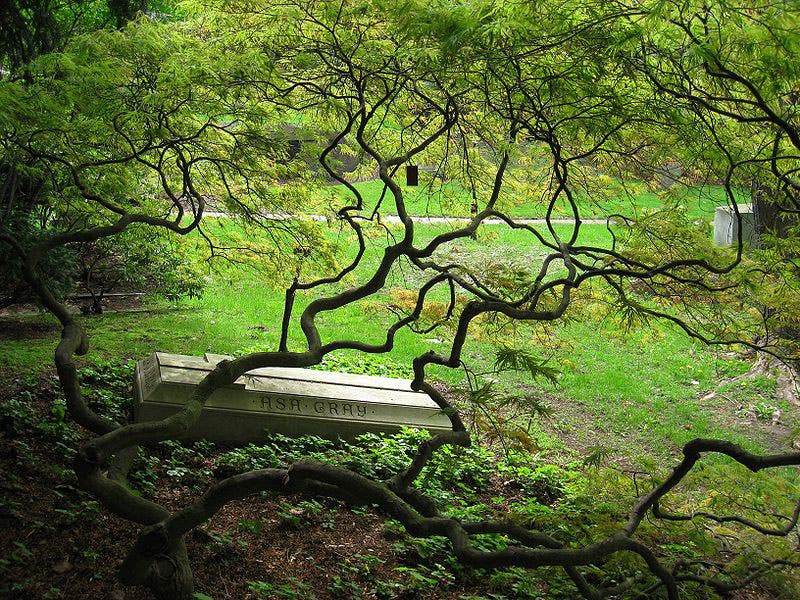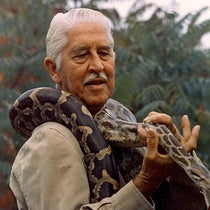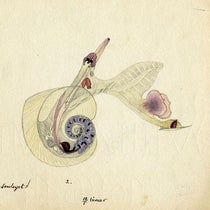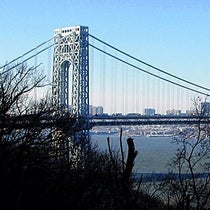Scientist of the Day - Asa Gray
Asa Gray, an American botanist, was born Nov. 18, 1810. Gray taught at Harvard and was primarily responsible for sorting out the North American flora in the period between 1840 and 1875. But he is best known as Charles Darwin's American friend and correspondent. The two met in briefly in England in 1838 and 1851, but it was Gray’s friendship with Joseph Hooker, and Hooker’s friendship with Darwin, that eventually brought the two together, and Darwin and Gray began corresponding in 1855. Gray was one of only three people (the others being Hooker and Charles Lyell) who knew about Darwin's theory of "descent with modification" in the years leading up to the Origin of Species, and indeed, it was a letter that Darwin had written to Gray in 1857 that was used to establish Darwin's priority when Alfred Russel Wallace came out of the woodwork with a similar theory in 1858.
After the Origin was published, Gray became one of Darwin's most committed advocates, and he set about trying to counter the creationist and racist arguments of Darwin's principal American opponent, Louis Agassiz, also teaching at Harvard. Gray offered to arrange for the publication of the first American edition of the Origin, and when he found that that that was being taken care of, he ensured instead that Darwin received royalties, which had not been taken care of! Surprisingly, Gray managed to be a Darwinian without giving up the idea that nature exhibits design, which is a neat trick. Gray’s various essays in support of Darwin were later collected in one volume, Darwiniana, published in 1876, which we have in our History of Science Collection.
When the U.S. Postal Service issued its third set of American Scientists stamps in 2011, Gray was included, along with Maria Goeppert Mayer, Melvin Calvin, and Severo Ochoa (first image; Gray at top right). The other photos show Gray in 1864 (second image), Gray in the mid-1870s (third image), and Gray’s grave marker in Mount Auburn cemetery (fourth image), where he is not too far from the remains of Henry Wadsworth Longfellow, Oliver Wendell Holmes, and his long-time sparring partner, Agassiz.
Dr. William B. Ashworth, Jr., Consultant for the History of Science, Linda Hall Library and Associate Professor, Department of History, University of Missouri-Kansas City. Comments or corrections are welcome; please direct to ashworthw@umkc.edu.

